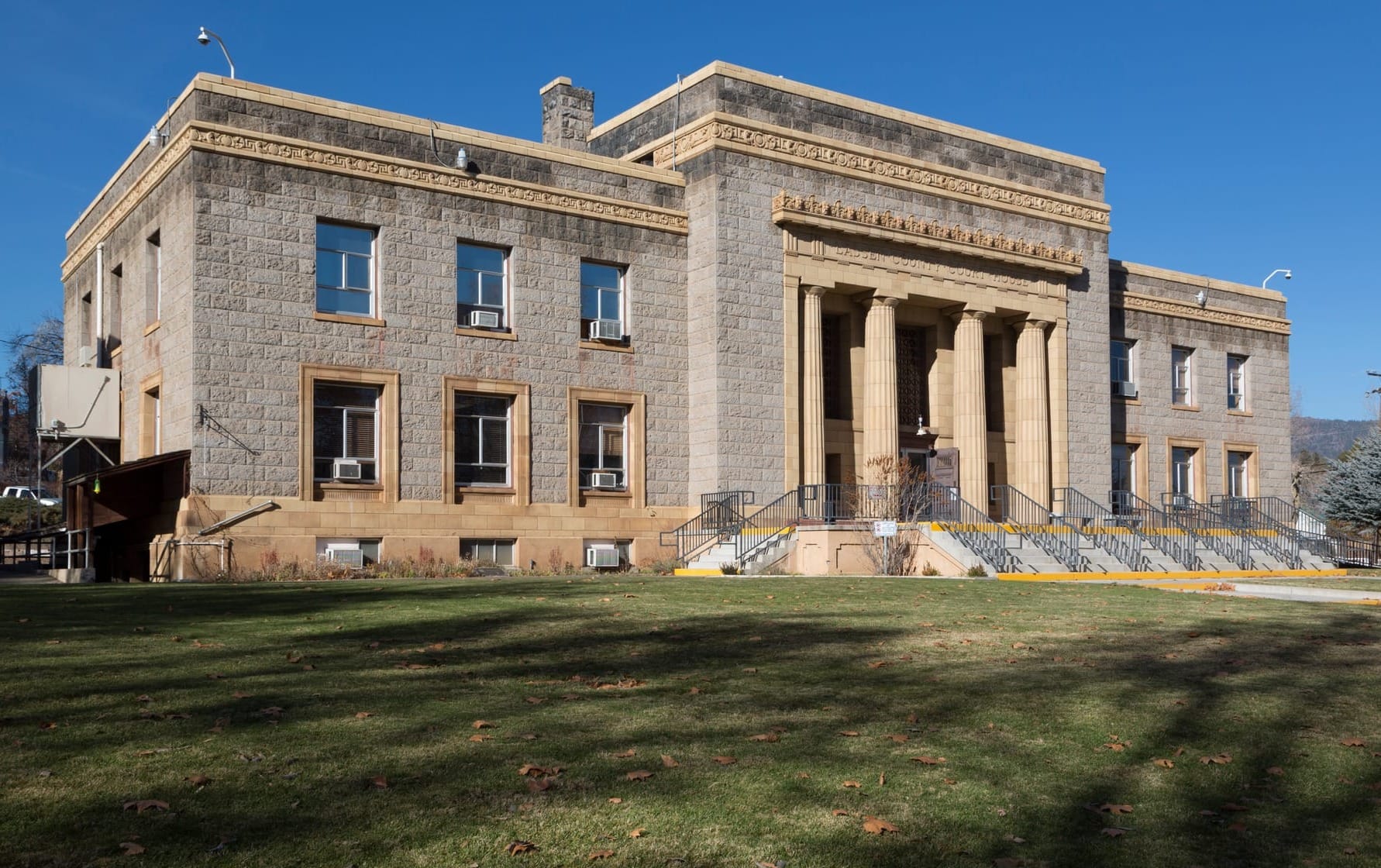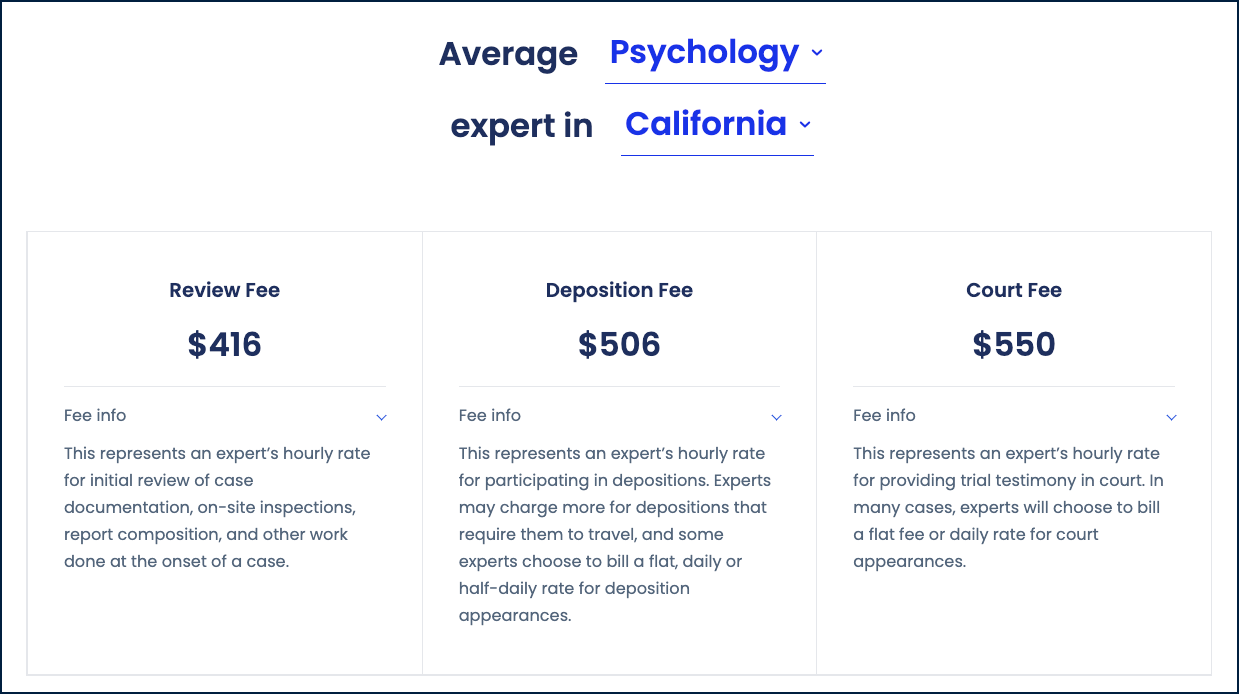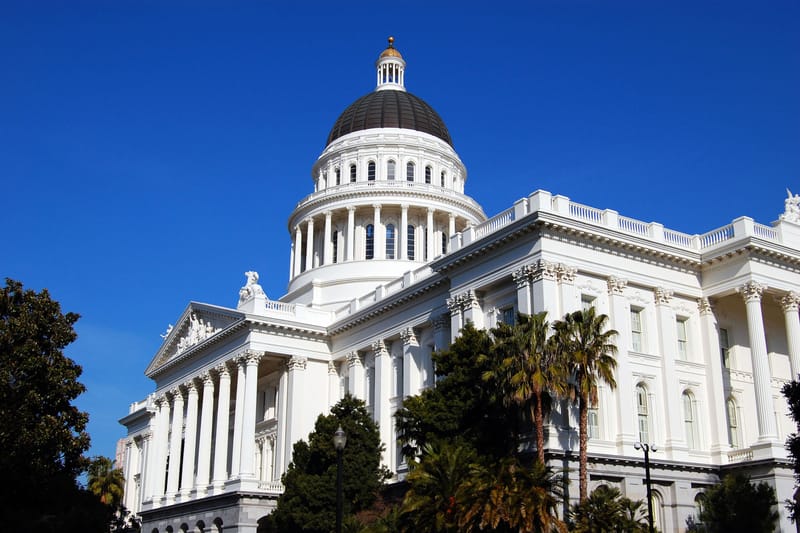Northern California now offers $80–$400/hour to court experts under the CJA
California’s federal courts rely on a wide range of experts—from interpreters and investigators to psychologists and forensic scientists—to ensure fair trials. Under the Criminal Justice Act (CJA), these specialists are paid between $80 and $400 per hour, with taxpayers footing the bill.

Every federal criminal case in California relies on far more than the attorneys presenting arguments in the courtroom. Behind the scenes, a network of specialized experts—from psychologists and DNA analysts to interpreters and investigators—play a crucial role in building each case. Their work can determine whether evidence holds up, whether testimony is understood, and whether defendants receive a fair trial.
For defendants who cannot afford these services, the Criminal Justice Act (CJA) ensures that expert costs are covered with public funds. That means taxpayers ultimately underwrite the bill for everything from forensic lab analysis to real-time translation in the courtroom.
By examining how much California’s federal courts pay these professionals—and how those rates compare with private-market pay—we gain a clearer picture of the true cost of justice and the value placed on specialized expertise in the legal system.
What is the Criminal Justice Act (CJA)?
The Criminal Justice Act, passed in 1964, was designed to guarantee that anyone charged with a federal crime has access to legal defense, regardless of their ability to pay. It’s a direct safeguard of the Sixth Amendment right to counsel, expanding that promise to include not only attorneys but also the essential support staff and specialists required to mount a proper defense.
Under the CJA, federal courts can appoint and compensate a wide range of professionals—investigators, interpreters, forensic experts, psychologists, psychiatrists, and mitigation specialists—whose expertise often shapes the outcome of complex cases.
Each federal district court is responsible for setting presumptive compensation rates for these services. In California, that means four different districts—the Northern, Eastern, Central, and Southern Districts—maintain their own rate schedules. For this article, we’ll look specifically at the Northern District of California (N.D. Cal.) as a case study, since it covers one of the country’s most expensive regions and offers a detailed breakdown of expert compensation.
Northern California’s Expert Rates—A Breakdown
The Northern District of California (N.D. Cal.) maintains a presumptive schedule for how much experts and service providers can be paid under the CJA. The rates span a wide spectrum—from basic administrative support to highly specialized medical professionals.
Below is a snapshot of key positions and their approved compensation ranges:
| Role / Service | Presumptive Rate (per hour) |
|---|---|
| Interpreters | $80/hour |
| Investigators | $100–$120/hour |
| Forensic DNA Experts | $150–$300/hour |
| Psychologists (Ph.D.) | $200–$300/hour |
| Psychiatrists (M.D.) | $275–$400/hour |
| Jury Consultants | $150–$225/hour |
| Paralegals | $75–$90/hour |
This range shows the breadth of expertise required in federal cases. At the lower end are paralegals and interpreters, who handle essential but routine support tasks. At the higher end are psychiatrists and forensic scientists, whose specialized training can be pivotal in shaping the direction of a trial.
How These Rates Compare to the Private Market
While the CJA rate schedules provide structure and consistency for federal cases, they often fall below what experts can command in the private market.
- Psychologists and Psychiatrists: In California, private clinical or forensic specialists frequently charge $500 or more per hour, nearly double the upper range of CJA’s $200–$400/hour allowance.
- Forensic DNA Experts: Laboratories and independent consultants often bill between $350 and $500/hour, compared with the CJA’s $150–$300/hour.
- Interpreters: Freelance interpreters in California—especially for high-demand languages like Mandarin, Spanish, and Tagalog—routinely earn $100–$150/hour, exceeding the CJA’s $80/hour rate.
These gaps highlight the challenge: CJA rates are not designed to match private-sector pay. Instead, they strike a balance between ensuring access to qualified professionals and keeping the cost of justice within the bounds of public funding.

Local Pressures in California
This disparity is particularly meaningful in California, and especially the Bay Area:
- Cost of Living: Expert specialists face steep housing and operating expenses.
- Linguistic Diversity: California’s federal cases often require interpreters fluent in Spanish, Mandarin, Tagalog, Vietnamese, among others. At $80/hour, CJA pays for access—but may struggle to attract enough qualified professionals, especially when demand surges.
The Public’s Bill for Justice
Expert compensation under the CJA is not limited to hourly rates. Cases can also involve travel expenses, transcription costs, and translation fees, all of which add to the total price tag. Even relatively modest proceedings can quickly accumulate significant costs when multiple experts are engaged.
For example, a complex federal fraud trial in California might require accountants to analyze financial records, forensic computer experts to review digital evidence, and interpreters to ensure defendants and witnesses understand the proceedings. Each professional may work hundreds of hours, and when combined with travel reimbursements and document translation, the total bill climbs into the tens of thousands of dollars.
Ultimately, these expenses are borne by the public, but they reflect a constitutional commitment: ensuring every defendant receives a fair trial, regardless of their ability to pay.
A Window Into California’s Federal Courts
The CJA’s compensation rates provide a rare window into how the federal justice system values expertise and balances public cost with professional fairness. In California, where the cost of living and demand for specialized skills are high, these rates highlight the careful calibration between ensuring access to justice and stewarding taxpayer resources.
For taxpayers, these numbers illustrate what justice costs in practice. For professionals, they signal what it means to contribute to the federal system—sometimes at a reduced rate compared with the private sector, but always in service of constitutional protections.
And for those considering careers in law, psychology, or forensic science, these figures are also a reminder: the courtroom depends on far more than just lawyers.






